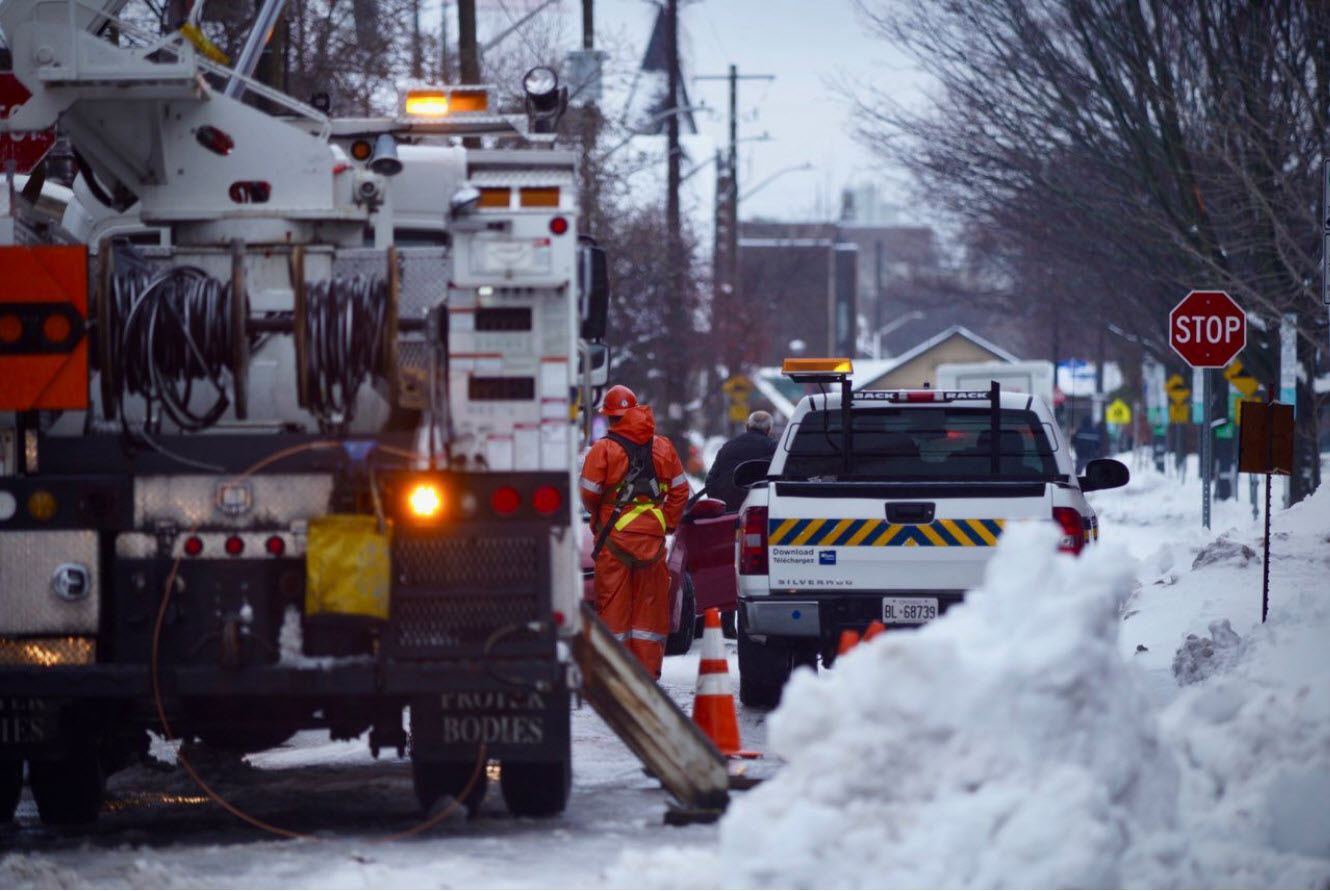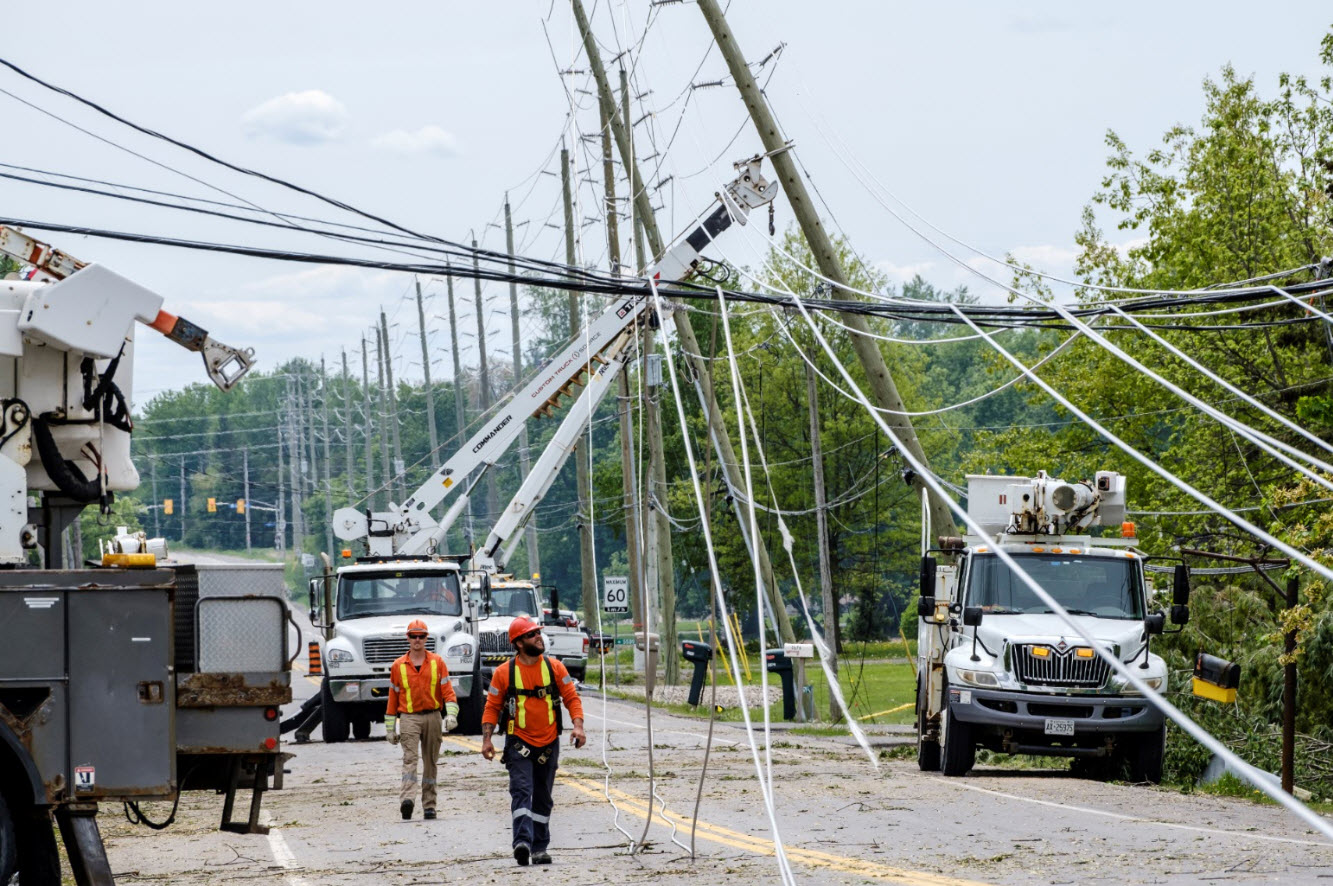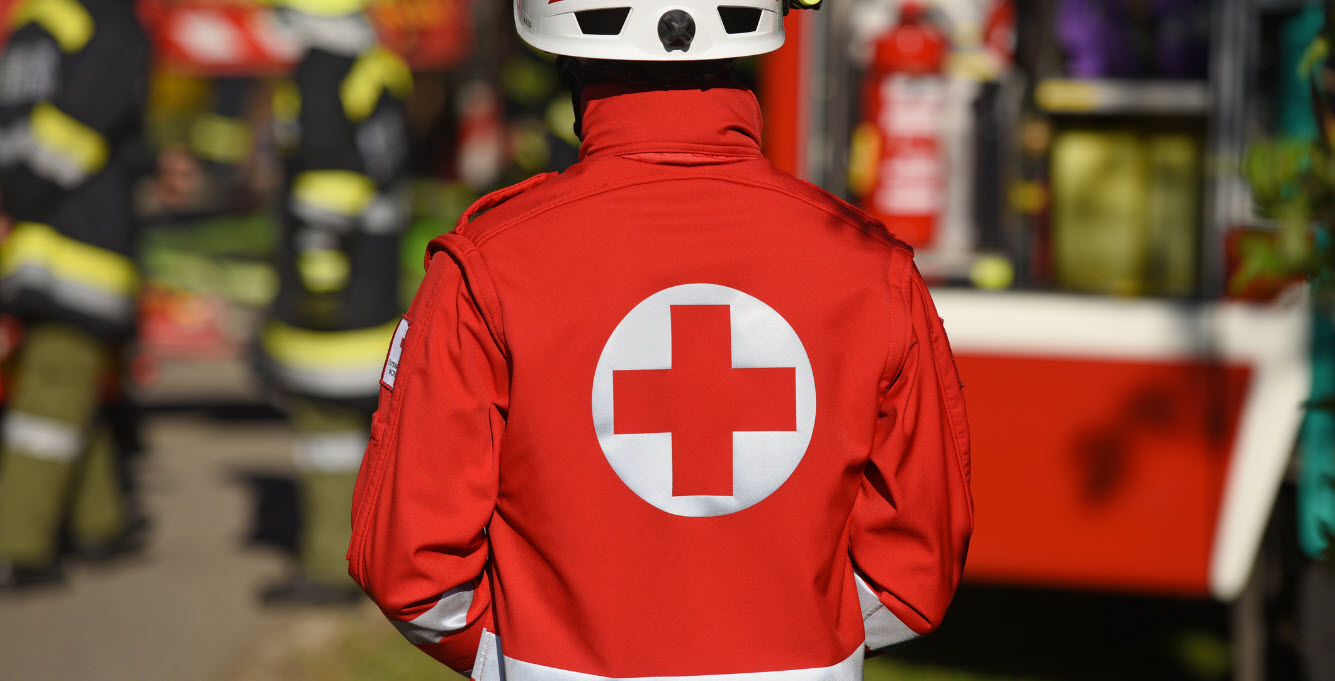Extreme weather events have become more frequent and intense due to climate change, and Canada has certainly experienced its share of natural disasters in the last number of years. In 2022 alone, there was the devastating May long-weekend storm in Ontario, forest fires and floods in British Columbia, and of course, Hurricane Fiona on the east coast.
Most of the time, power outages will be over shortly after they begin, but when a major storm happens, a stable supply of electricity is jeopardized. Outages caused by severe weather can last much longer (see our blog on the top five outages last year). For all of us, with Ottawa’s variable (+40 to -40) temperatures - electricity represents safety, communication, shelter, warmth, sanitation - life. Often we feel ill-prepared and powerless during an emergency, particularly when we lose electricity for an extended period of time. But it doesn’t have to be that way.
Emergencies are personal
Depending on your own personal circumstances or where you live within the city’s boundaries, you will have different challenges and needs when an outage occurs.
We’re working to fortify the grid to make our infrastructure more resilient in the face of climate change. While utility companies like Hydro Ottawa play a critical role in safeguarding the system and restoring power, individual citizens also have a role to play in emergency preparedness. It’s imperative that we all take personal responsibility to help minimize the impact of power outages on ourselves, our families and our communities.
Guy Lepage, a volunteer with the Canadian Red Cross, has been a site manager and personal disaster assistance team member on 18 emergency deployments in Canada, the U.S., Europe and Haiti. Recently, he was in Budapest, Hungary, working with the International Federation of the Red Cross on the Ukraine relief operation. His years of experience and training has taught him that we all need to plan ahead.
"Three days is the golden rule,” says Lepage. “Please sit around your kitchen table with your family and make a three-day plan from the perspective that you can carry on for 72 hours and have enough to eat, enough water to drink and bathe with, and enough medication on hand for those that need it. If you don’t plan ahead and hope that first responders will come and take care of you, well, they may not be able to because they’ll be taking care of other people with greater needs.”
Helping you plan
To help facilitate those planning discussions, we recently launched a comprehensive section dedicated to emergency preparedness on our website, tailored to our rural and urban customers. We segment it further by addressing the unique needs of businesses and those that live in apartments and high-rises.
You will find downloadable checklists (like our popular Ultimate Emergency Kit), important phone numbers, as well as information you need to make an emergency plan. To help you prepare ahead, you will also find details and recommendations for homeowners about generators and sump pumps, as well as what you should do (and what conversations to have) if you live in a high-rise apartment building and have mobility issues or are dependent on elevators.
Help us communicate with you
Beyond restoring power and ensuring the safety of the public and our employees, our responsibility is to have systems in place to notify you and keep you informed about power outages happening in your area. It's important to follow us and sign up for these alerts.
Ensure we have your email address on file. We’ve recently launched Weather Watch email notifications so that when we are aware of a possible event that poses a risk to our power system, you’ll know about it, too. This past December, we notified customers two days prior to the winter storm hitting Ottawa. If we have your email address on file, you’re already enrolled for this new service.
Make sure we have your mobile number on your account. We’ve recently implemented text/SMS notification for residential and small business customers for large emergency outage events. All customers with a mobile number on file are automatically enrolled for these one-time outage notifications, sent between 7:00 a.m. and 9:30 p.m. Monday to Friday, on weekends and even statutory holidays.
Visit our outage map. Our map is updated every 15 minutes with the latest information from our crews. The map identifies the areas and number of customers affected, the status of our crews, as well as an estimated time of restoration if available. Be sure to check it out the next time the lights go out.
Lastly, when an emergency or large outage event occurs, our website transforms into a dedicated Storm Centre. Its singular purpose is to provide the latest updates and important information you need to know. If you visited our website during the December 2022 storm just before Christmas, you likely noticed it.
With the likelihood of more extreme weather events occurring in the future, it’s imperative that we all prepare ahead to help ourselves and others.
There’s always more you can do
The Canadian Red Cross helps more than 100,000 people in Canada every year. If you’re looking to upgrade your skills for any type of emergency, the Canadian Red Cross offers a wide variety of courses for the general public and organizations. These include Emergency First Aid and CPR, Psychological First Aid, Swimming and Water Safety, and Opioid Harm Reduction, among others.
“Having a First Aid and CPR course under your belt is highly recommended,” says Lepage. “You always think, ‘oh yeah, I’ll get to that one day,’ but then you have a family member that has a heart attack or cuts themselves badly and you don’t know how to stop the bleeding.”
Emergencies happen. The important thing is that we prepare for what we can control. In that sense, we can all probably do a little bit more.
From Hurricane Katrina in Louisiana to a COVID lockdown in a remote First Nations fly-in community in Northern Ontario to the Ottawa tornadoes, Lepage reflects on his biggest takeaway from the many emergencies he’s helped with over his 17 years volunteering. “I have to say, the resilience of people who go through a crisis is so inspiring. The fact that people get knocked down, but they get up and shake themselves off and say, ‘okay, let's start rebuilding our lives’ is, I think, magical in its own right.”
For more of our interview with Guy Lepage, the major disasters he’s been involved in, but also the most common personal disaster that affects most Canadians, listen to the ThinkEnergy podcast here.



